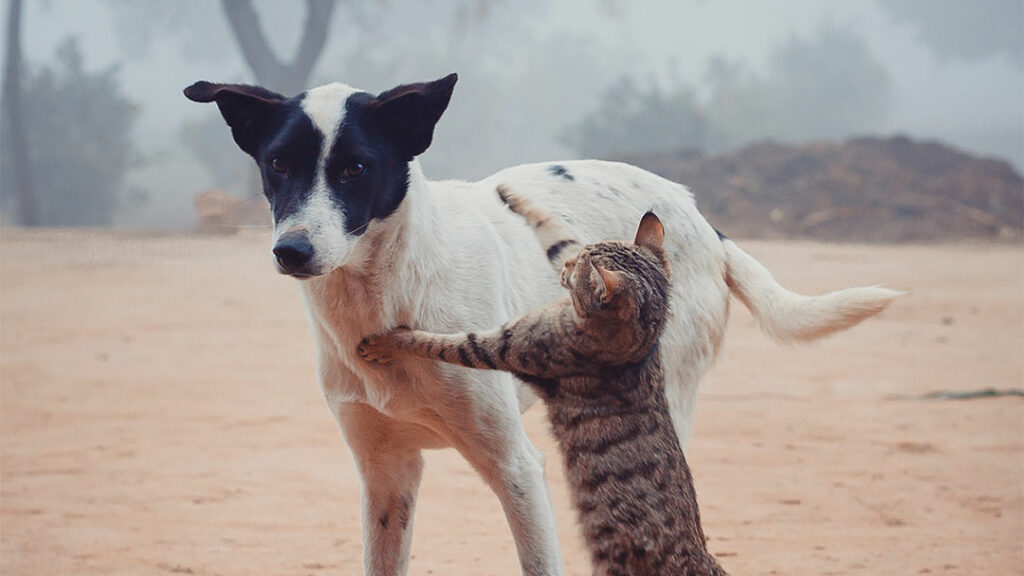Cats have always been beloved pets and cherished for their beauty, independence, and enigmatic nature. Many people are aware of traditional house cats, for example, the Siamese or Maine Coon, but exotic house cats are an interesting exotic pet alternative for those wanting something a little different. These cats, who are rare or have other unique characteristics, grow in popularity due to their exotic looks and personality. In this article, we want to bring the most favourite exotic house cats, their features, and important care information for their well-being.
What Defines an Exotic House Cat?
An exotic house cat is generally a breed that is already striking or outlandish in some way; It might be based on appearance, uncommon origins, or pure curiosity. While they may not be the average breed, these cats could boast amazing coat patterns, unique facial features or hail from more unusual areas. Some exotic cats are hybrids, crossed from domestic cats that have wild — or simply other, smaller — forbears; Others are natural breeds that have not taken off in the pet world.
People are attracted to exotic house cats because the cats are not unique and beautiful, but they may also require special care. Having an insight into their history and requirements will assist in offering a loving and appropriate home.
Popular Exotic House Cat Breeds
Bengal Cats: The Miniature Leopards
Bengals are among the most beautiful of felines and highly valued exotics known for their leopard spots and rosettes. They are bred from domestic cats and Asian leopard cats, this is why they have a wild look. Bengals are active and playful “lap leopards” who have a tendency to want to be the centre of attention; They are intelligent and cunning, demanding of their owners. Their glossy coat and toned, sleek body makes them stand out in any room.
Being a high-energy breed, Bengals do well in a home environment that allows them to climb and explore but are also capable of being taught how to play fetch and having other games to keep them occupied. They’re social cats who frequently form strong attachments to their families, but their wild ancestry can make them less than ideal for very small children or other shy pets.
Sphynx Cats: The Hairless Marvels
Perhaps the most famous hairless breed is that of the Sphynx with its wrinkly skin. Even though Sphynx cats may look strange, they are very loving and have a “dog-like” devotion from their admirers. Since they don’t have a fur coat, they need additional care, including frequent skin cleaning to remove body oils and insulation from cold temperatures.
Sphynx cats are great for those who wish for an exotic pet but without an aloof and/or timid personality. These cats crave warmth and cuddling, they are also very interactive with their humans. Their beautiful appearance and lovely even temperaments make them an appealing choice!
Scottish Fold: The Unique Curled-Ear Cat
The Scottish Fold is immediately identifiable by its one-of-a-kind folded ears that fold towards the front of the head and down, resembling an owl. This is an uncommon breed and an exotic cross that makes a fine looking dog. Scottish Folds are good with children and other pets, and are very sociable.
Due to the genetic mutation that affects their ears, Scottish Folds can be prone to certain health issues that stem from cartilage development, so responsible breeders and owners should follow their health diligently. That said, their lovable nature and gorgeous appearance gives them many fans among exotic cat lovers.
Peterbald Cats: The Elegant Hairless Breed
Descendants of the Sphynx in that they are hairless, the Peterbald’s body is a bit more “aerodynamic,” or streamlined, in a graceful and svelte way. This breed is a native of Russia and is valued for its elegant looks and loving nature. The Peterbald comes in all coat types from completely hairless to a soft downy fuzz.
They are curious, friendly cats that love people and develop a relationship with their caregivers, and are easy to take care of. They are highly exotic in appearance and social in nature, which makes them an ideal choice for people who want some visually exciting and loving company around.
Essential Care Tips for Exotic House Cats
Having an exotic house cat as a pet can be a rewarding and sometimes-messy experience. Specific care requirements vary by breed; however, these cats often require personalized care in order to remain healthy and happy.
Nutrition and Diet
Exotic cats, such as active Bengals, require a diet higher in protein to maintain optimum body condition. You must feed them with suitable cat food made specifically to meet the nutritional requirements of your pet. Some rare breeds may do well on a diet of raw or another tailored diet, but always seek the advice of a vet before transitioning to a new food source.
Hairless breeds like the Sphynx and Peterbald may eat more than other cats as a result of a higher metabolism — a way to burn extra calories to help keep body heat in, not out. Staying well hydrated and watching their weight helps to keep them healthy.
Grooming Needs
Even if some exotic cats need very little grooming because of their short or no coats, they still need attention to groom them out here and there. Bald breeds should be bathed every couple of weeks to wash oil and dirt from the skin. They also require protection from sunburn and cold weather, so warm bedding and less time outdoors are a must.
Breeds such as the Bengal or Scottish Fold should have their coats brushed regularly to help keep them soft and to prevent random hairs from floating around the house. Grooming is also an occasion to examine the skin for health issues or parasites; this is especially critical in the case of rarer breeds.
Mental and Physical Stimulation
Many other designer cat varieties, especially those that have some “wild genes,” are also very “energetic” cats. Bengals, for instance, require a lot of playtime, puzzle toys and climbing opportunities to keep mentally and physically healthy. Giving them vertical environments, such as cat trees and interactive toys, will keep them engaged and eliminate behaviour problems.
Even more social pets, such as the Sphynx, require daily attention and love. They love being around people and may get separation anxiety if left alone for extended periods. It’s as important for these cats to get mental and social stimulation as physical exercise.
Health Surveillance and Veterinary Care
Cats can also experience breed-specific issues and problems. For instance, Scottish Folds can experience joint problems because of their one-of-a-kind ear cartilage mutation, while Bengals have been known to have heart conditions that need to be monitored. All exotic cats require routine veterinary visits and preventative care to detect potential problems in time.
Know that it can make a world of difference to your cat’s health to select a vet with experience in exotic breeds. Furthermore, knowing breed- specific health issues enable an owner to be proactive in caring for their animals.
Why Choose an Exotic House Cat?
For cat lovers seeking a pet that stands apart from the ordinary, exotic house cats provide beauty, personality, and something different all in one. These cats usually make lovely pets, as a result of their striking looks and friendly personalities. Yet they also need commitment, empathy, and individualised assistance.
If you choose an exotic breed, then you need to embrace it’s history and traits. Whether you’re attracted to the untamed appearance of the Bengal, the unique appeal of the Sphynx, or the gentle facial expression of the Scottish Fold, exotic house cats all bring a certain kind of happiness to your life that is hard to come by.
Conclusion
Exotic house cats are certainly more than “just pets”, they are living works of art and friends with stories as exceptional as their looks. In the proper setting, these elusive cats thrive and provide a unique experience to their owners while sharing their lives.
If you’re interested in an exotic breed of house cat, do your homework and be ready to care for these cats in ways you might not have to for other breeds. Your exotic pet will repay your efforts with a lifetime of loyalty, love and an ever-increasing desire and eagerness to discover it all.



